Introduction:
Providing proper nutrition is essential for the health and well-being of betta fish. These vibrant and charismatic aquatic creatures require a balanced diet that meets their nutritional needs. In this article, we will delve into the various perspectives of feeding betta fish, exploring different food options, feeding schedules, and considerations to ensure their optimal health and happiness.
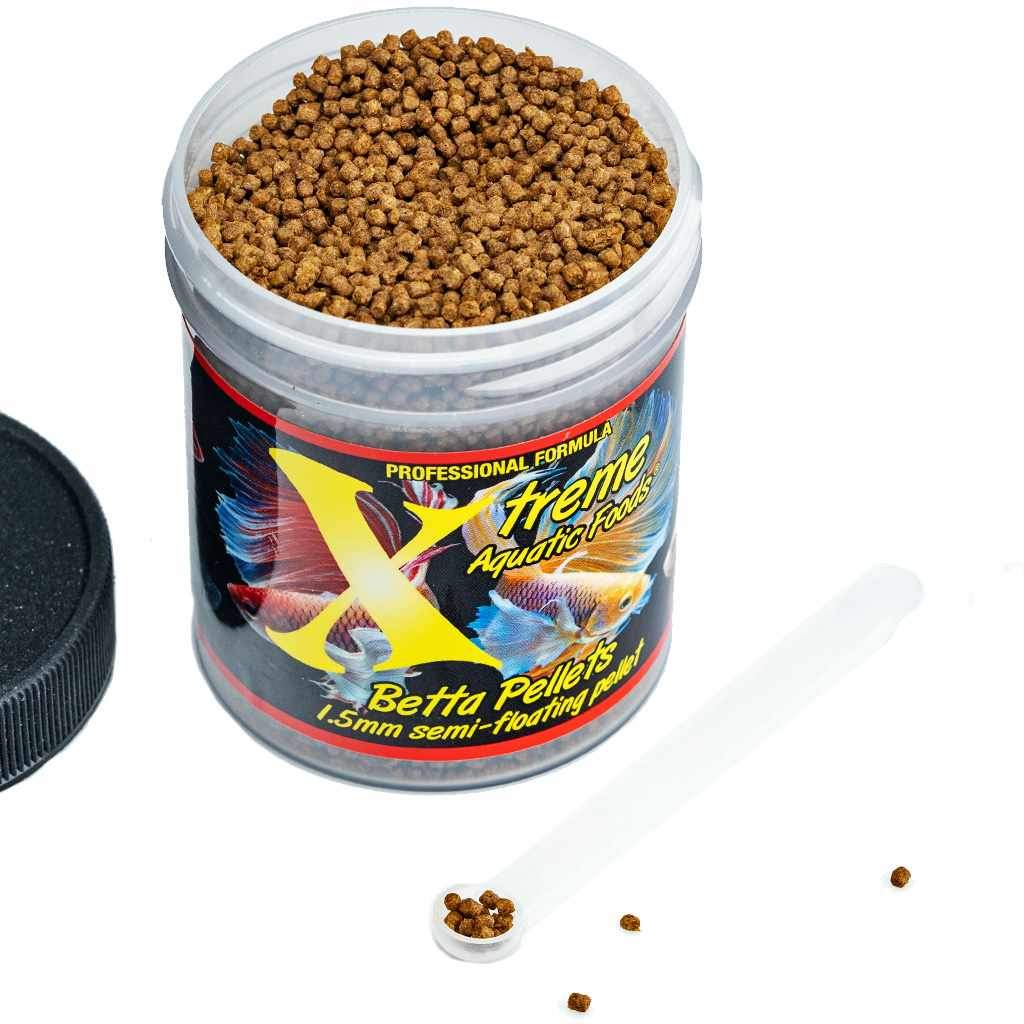
Understanding Betta Fish Dietary Requirements:
Unveiling the Nutritional Needs of Betta Fish
To effectively nourish betta fish, it is crucial to understand their unique dietary requirements. As carnivorous creatures, betta fish primarily consume meat-based foods in their natural habitats. Their diet consists of small insects, larvae, and zooplankton. These foods provide essential proteins, fats, vitamins, and minerals that are necessary for their overall health and vitality.
Commercial Betta Fish Food:
Evaluating Pre-packaged Options
Commercially available betta fish food offers a convenient and readily available option for pet owners. These foods are specifically formulated to meet the nutritional needs of betta fish. They often come in the form of pellets or flakes, providing a balanced mix of proteins, fats, and essential nutrients. It is important to choose high-quality brands that use natural ingredients and avoid artificial additives or fillers that may compromise the health of your fish. Reading the ingredient list and selecting products with a high protein content is advisable.
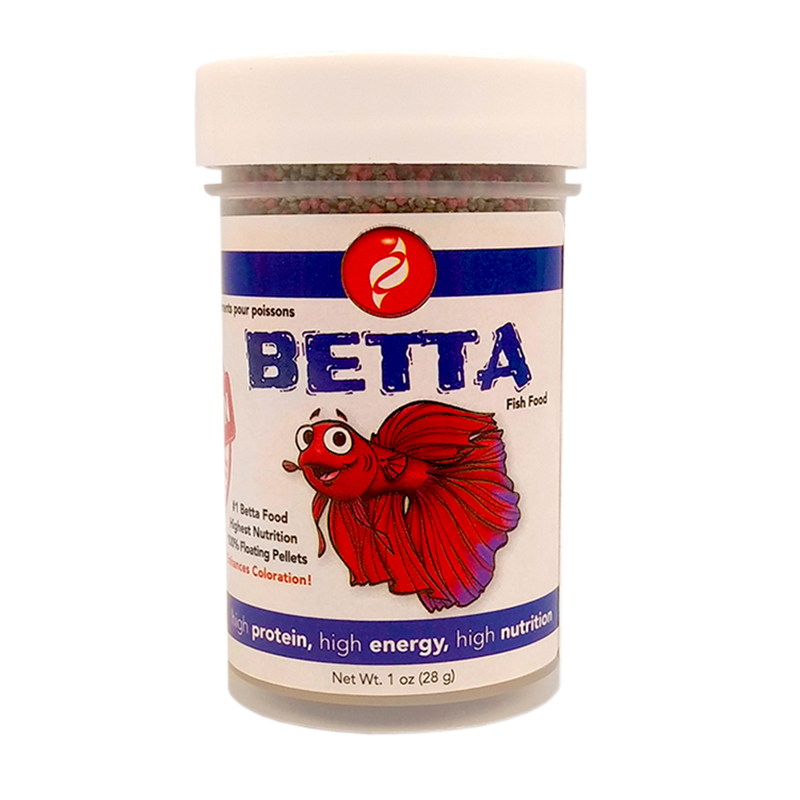
Live and Frozen Foods:
Enhancing the Diet with Natural Options
Incorporating live and frozen foods into a betta fish’s diet can provide a valuable source of nutrients and enrichment. Options such as brine shrimp, bloodworms, daphnia, and mosquito larvae closely mimic the betta fish’s natural diet. These foods are nutrient-rich and can promote their overall well-being. However, it is essential to ensure that any live or frozen foods are sourced from reputable suppliers to avoid introducing harmful bacteria or parasites to the fish’s environment. Proper handling and storage of frozen foods are also crucial to maintain their nutritional value.
Vegetables and Supplements:
Balancing the Diet with Plant Matter
While betta fish are primarily carnivorous, incorporating small amounts of vegetables into their diet can provide additional nutrients and variety. Options such as blanched spinach, peas, or zucchini can be offered occasionally to supplement their diet. These vegetables should be thoroughly washed and blanched to make them more digestible for the fish. Additionally, specialized betta fish supplements, such as those containing vitamins and minerals, can be used sparingly to ensure the fish’s nutritional needs are met. It is important to follow the recommended dosage and consult with a veterinarian if unsure about the appropriate use of supplements.
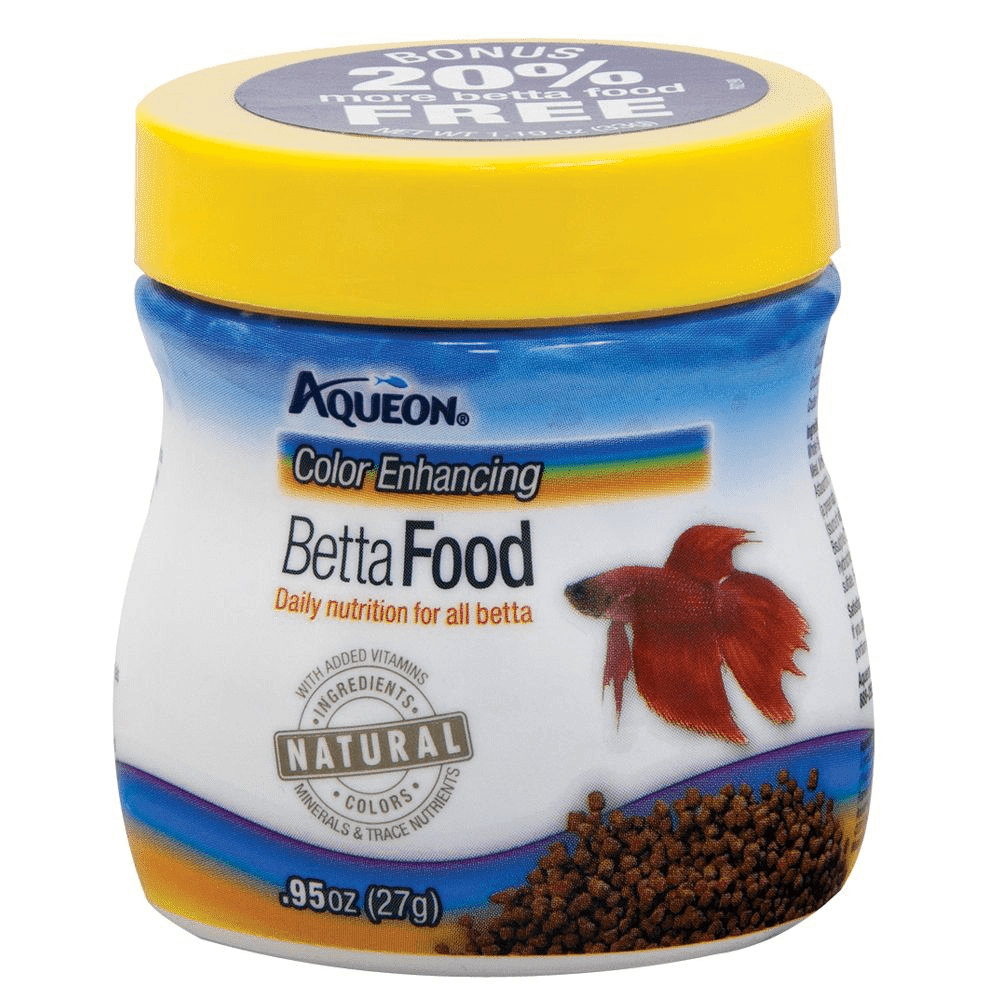
Feeding Frequency and Portion Control:
Establishing a Feeding Schedule
Establishing a proper feeding schedule is crucial to ensure the well-being of betta fish. Overfeeding can lead to obesity and various health issues, while underfeeding can result in malnutrition. Generally, betta fish should be fed small portions two to three times a day, with each serving being consumed within a few minutes. This schedule allows them to receive an adequate amount of nutrition without risking overconsumption. Monitoring the fish’s behavior and adjusting the portion size accordingly can help maintain their optimal weight and overall health.
Feeding Techniques and Enrichment:
Promoting Mental Stimulation and Natural Behaviors
Feeding techniques can be utilized to enhance mental stimulation and promote natural behaviors in betta fish. Instead of simply dropping food directly into the water, options such as floating food rings or slow-release feeders can be employed. These devices encourage the fish to exhibit natural foraging behaviors, mimicking their hunting instincts. They also prevent the food from sinking and getting trapped in the substrate, which can lead to water quality issues. It is important to monitor the feeding process to ensure all the food is consumed and promptly remove any uneaten portions to maintain water quality.
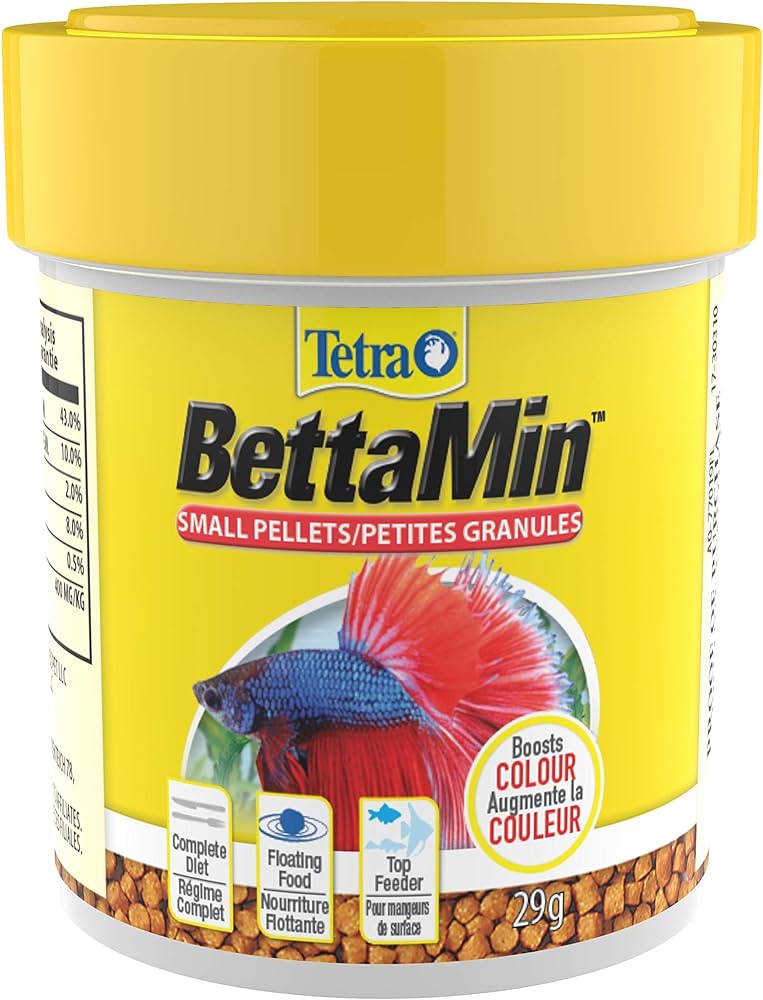
Observing Dietary Preferences and Adjustments:
Tailoring the Diet to Individual Betta Fish
Each betta fish is unique, and their dietary preferences may vary. Some individuals may have specific nutritional needs or prefer certain types of food. Observing their behavior, appetite, and overall health can help identify any potential dietary adjustments. It is advisable to consult with a veterinarian or aquatic specialist if you have concerns about your betta fish’s diet or any specific health conditions that may require specialized nutrition. They can provide guidance on tailoring the diet to meet your fish’s individual needs and ensure they receive the optimal nutrition for a long and healthy life.
Rotational Feeding:
Introducing Dietary Diversity
To ensure a well-rounded diet, some pet owners practice rotational feeding. This involves offering a variety of food options in a rotation, allowing the betta fish to experience different tastes and textures. This approach not only prevents dietary monotony but also provides a wider range of nutrients. For example, one day may involve commercial pellets, the next could include live brine shrimp, and then followed by homemade food. Rotational feeding can be a great way to provide optimal nutrition while keeping the betta fish engaged and interested in their meals.
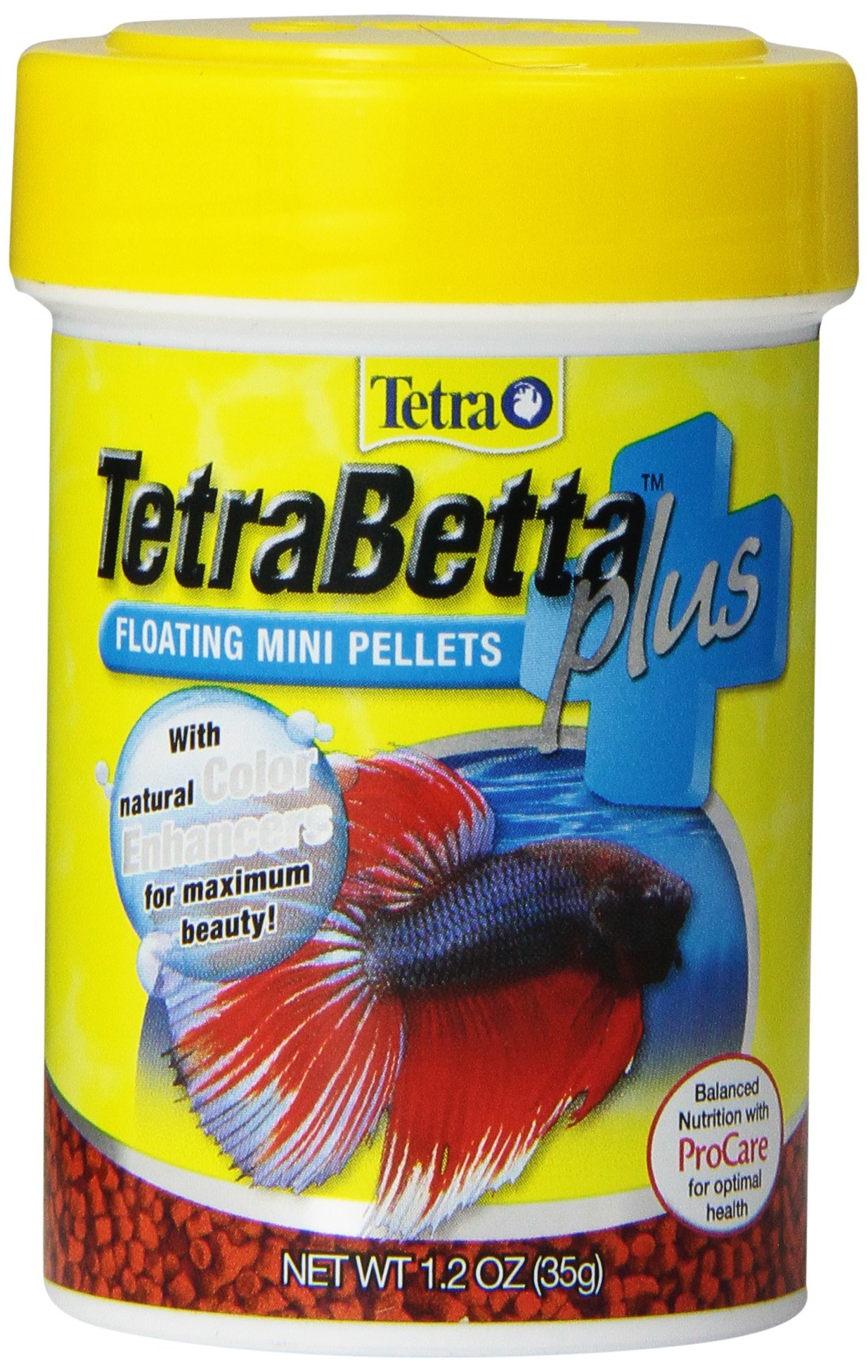
Dietary Considerations:
Tailoring the Diet to Individual Needs
While exploring homemade and natural food options, it is important to consider the individual needs of betta fish. Factors such as age, health condition, and personal preferences should be taken into account. Some betta fish may have dietary restrictions or sensitivities that require specific adjustments. Consulting with a veterinarian or aquatic specialist can provide guidance on personalized nutrition plans and ensure the betta fish’s dietary needs are met.
Conclusion:
Proper nutrition plays a vital role in the health and happiness of betta fish. Understanding their dietary requirements, exploring various food options, establishing a feeding schedule, and utilizing feeding techniques are all essential for their well-being. Whether feeding commercial betta fish food, incorporating live or frozen foods, supplementing with vegetables, or utilizing feeding techniques to promote natural behaviors, providing a balanced diet is key. By tailoring the diet to individual preferences and closely monitoring their health, we can ensure that our betta fish thrive and flourish in their aquatic habitats, leading to a vibrant and fulfilling life.